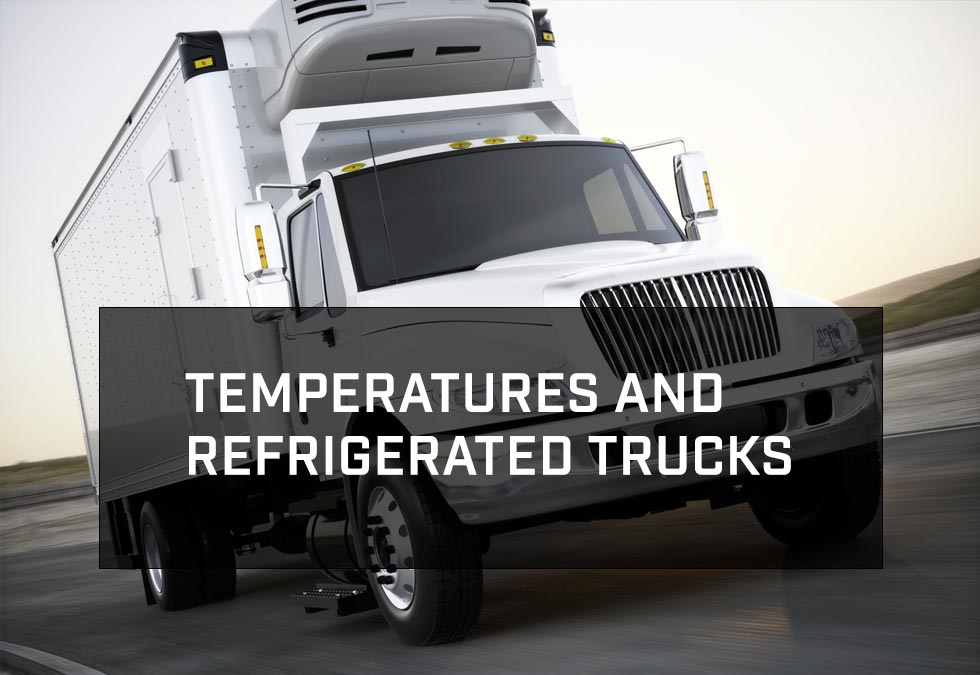Truck Talk: Temperatures and Refrigerated Trucks
The semi truck refrigerator market looks forward to steady growth as it moves into the next five years, with an estimated annual growth rate of about 4%. While most people associate these trucks with the food supply, they also keep pharmaceuticals, chemicals, and flowers at the right temperatures until they reach their destinations.
The “right temperature” differs a lot from item to item, though. How does a truck refrigerator keep every item in the temperature bracket it needs? What limits do refrigerated trucks face?
Come with us as we look at the overall effectiveness of a truck refrigerator. We’ll cover temperatures, as well as what they need to stay at those temperatures and why.
The Range of Temperatures of Refrigerated Trucks
A refrigerated truck rental can maintain temperatures between 55 degrees Fahrenheit and 20 degrees below zero. Most trucks and vans can maintain a wide range of temperatures.
Note that refrigerated trucks do not have to maintain the same temperature in all areas. Some have multiple compartments that sit at different temperatures. This lets one compartment transport liquid milk while another moves frozen dairy treats, making it cheaper for the company selling milk products to ship them.
How Does a Truck Maintain Temperature?
A refrigerated box for shipping cold goods includes a diesel refrigeration unit at the front of the trailer. Much like a home refrigerator, the diesel unit can have its temperature adjusted up or down to maintain an ideal temperature. The same truck can transport flowers one week and frozen fish the next.
Trucks also use insulation to make sure the temperature remains stable. The average refrigerated trailer uses roughly 1,000 pounds of foam insulation.
Notably, most refrigerated trailers do not need to be attached to the truck to stay cold. The diesel unit has its own separate power supply. This lets it stay cold if it needs to be transferred between trucks or between two different methods of transportation.
Can Temperatures Go Lower?
While the above paragraphs deal with the common range of temperatures in a refrigerated vehicle, some vehicles do go much lower. These trucks require more complex refrigeration solutions. The diesel unit alone cannot provide sufficient refrigeration.
The need for deeper freezing during transit has come up during the COVID-19 pandemic. Some vaccines need to be stored at temperatures well below the ones offered by a typical refrigerated truck for sale. Solutions include dry ice and special storage vessels.
Maintaining a colder environment than a typical freezer trailer takes a lot of resources. Remember to clearly state your refrigeration needs when discussing a solution. Different solutions can affect the costs of shipping.
Stay Frosty
Refrigerated trucks support the foundations of life in America. Food and medicine rely on these vessels to make their journeys. Knowing what a refrigerated truck can do will help you choose the right vehicle for your shipping needs.
Looking for logistics services? Kopf Logistics Group has grown from one truck to a comprehensive logistics solution provider. Give us a call today.

